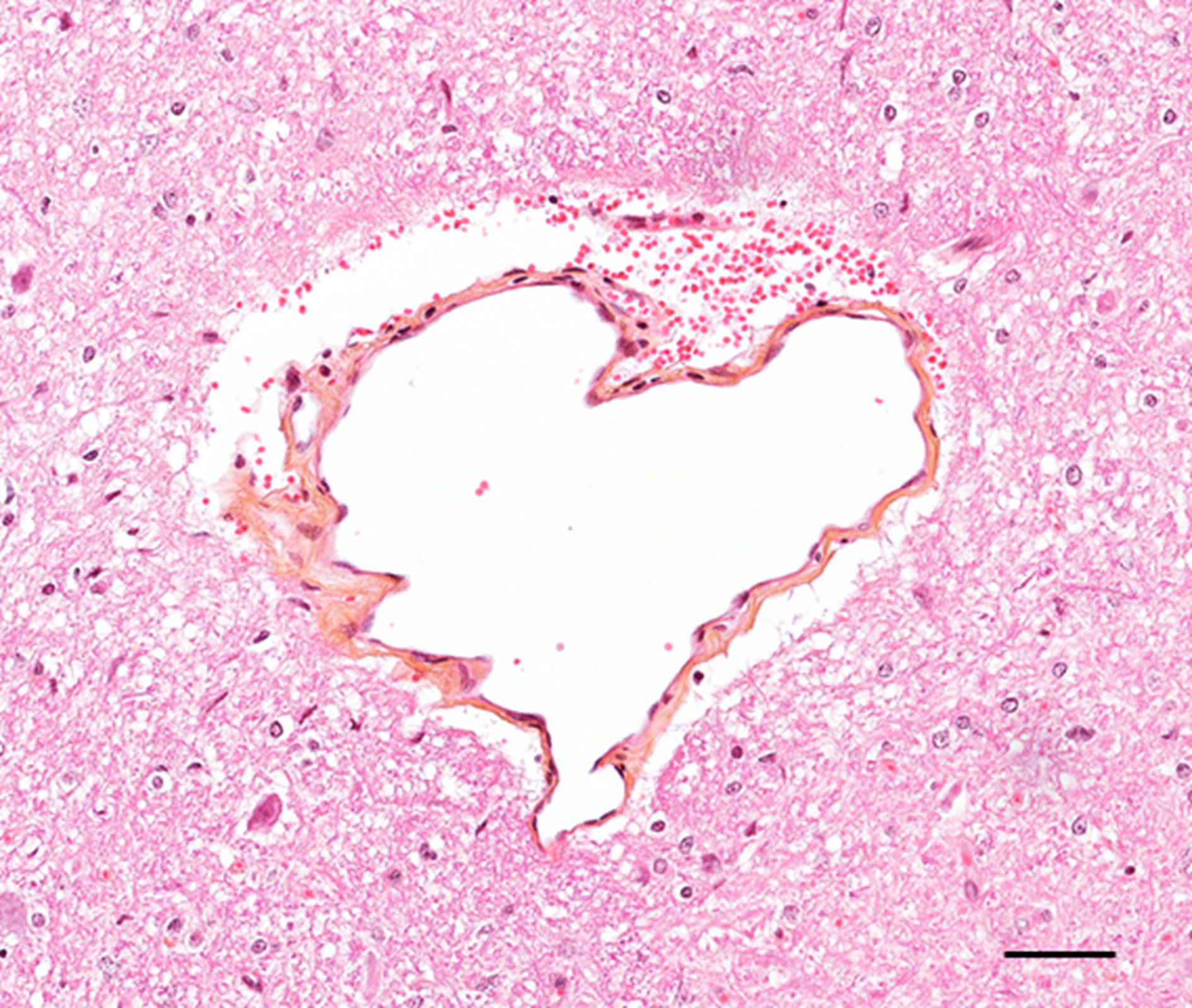Week of 9 February 2021

Le cœur a ses raisons que la raison ne connaît point.
(Blaise Pascal, Pensées, 1669).
For a very long time, the connection between the heart and the brain was understood to be a master-servant relationship in which the brain would give orders to the heart and the latter would simply respond as directed. Recently, however, a deeper heart-brain connection has been recognized, relating cardiac events to emotional stress and even vice-versa. Indeed, in the last decades, emotional stress has been highlighted as a key risk factor for heart attacks. A recently discovered cardiac disease, the Takotsubo cardiomyopathy, also known as the Broken Heart Syndrome, is a perfect example of this heart-brain connection. It is defined as reversible ventricular dysfunction in the absence of coronary artery disease. One-third of affected patients cited sudden and clear emotional stress1. It is proposed that emotional stress leads to the activation of the sympathetic nervous system by the amygdala, stimulating the production of pro-inflammatory cells that may trigger heart attack, stroke, or sudden death2.
Sending you and your loved ones good cheer and best wishes for Valentine’s Day!
1Ghadri JR, et al: Long-Term Prognosis of Patients with Takotsubo Syndrome. J Am Coll Cardiol 2018 Aug 21;72(8):874-882.
2Miller M: Emotional Rescue: The Heart-Brain Connection. Cerebrum 2019 May 1;2019:cer-05-19.
HE&S, Original magnification: x20, Scale bar: 50 µm
This histopathology image is one example from the comprehensive suite of Pathology Services offered by IMMR’s in-house team of Board-certified Veterinary Pathologists.
Contact us to learn more and discuss your preclinical research and pathology needs.
Follow us on LinkedIn and don’t miss new images from our library that we post every Tuesday, when you’ll have another chance to recognize, identify or diagnose what is shown. You can also stay updated on some of the latest developments in Preclinical Science. Stay tuned!


